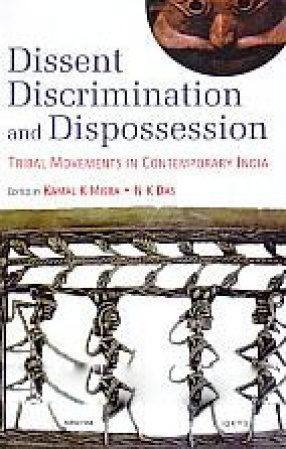
N K Das

Showing all 10 books
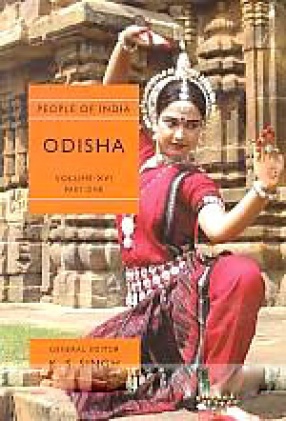

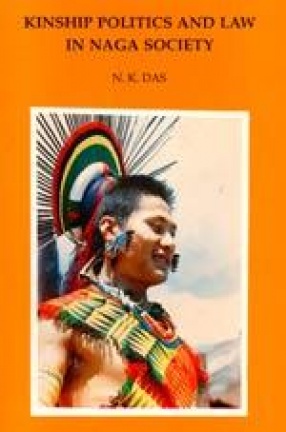


The volume, focused on the rights discourse and the legitimate rights claims of the tribals, is on the new dimensions of tribal movements today that are focusing on forest rights, environmental concerns, and issues of dispossession and development-induced displacement. The articles here discuss tribals’ struggle for livelihood rights, right for dignity and recognition of selfhood. Scholars deal with tribal resistance evident in the Santal insurrection and ...

The Anthropological Survey of India began the People of Indian Project on October 2, 1985 to present an anthropological profile of the communities in India as well as examine the impact of developmental programmes on the communities and the links that bring them together. Odisha is broadly divided into four ecological-cultural regions where 279 communities live and these are studied in the People of India volume.
In Odisha, some 226 communities including the SCs ...
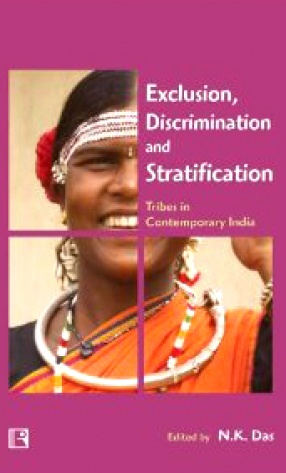
Discourses on social exclusion, discrimination, and inequality have emerged as defining characteristics of the social sciences in the 21st century. In India, tribes are subjected to various forms of exclusion and discrimination. Tribal groups that live in the midst of the stratified social class of castes encounter even more deeply embedded exclusion and deprivation. Based on extensive fieldwork, this book contains in-depth essays that elucidate these tribal ...
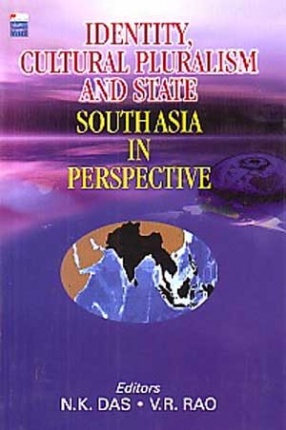
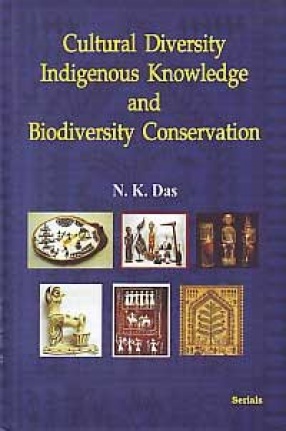

This volume portrays the phenomenon of syncretism, an unexplored and rarely studied aspect of culture, which has escaped the notice of conventional social science. Syncretism exists not only as a vibrant tradition but also as a coherent cultural reality in different parts of India. Today, in India, varied notions of 'secularism' have created many problems than solving them. It is therefore worthwhile to invoke and rely on traditional modes of cultural synthesis ...


This is the first ethnographic study of a Naga tribe of Nagaland which applies modern structural theory in the study of kinship and political system. This book which elucidates the analytic relationship between descent and territory, family and genealogy, corporateness and jural rights and duties, siblingship and cognatic relationship, and the headmanship and political ideology reveals that the political system of the Zounuo-Key-honuo people is based upon a ...


